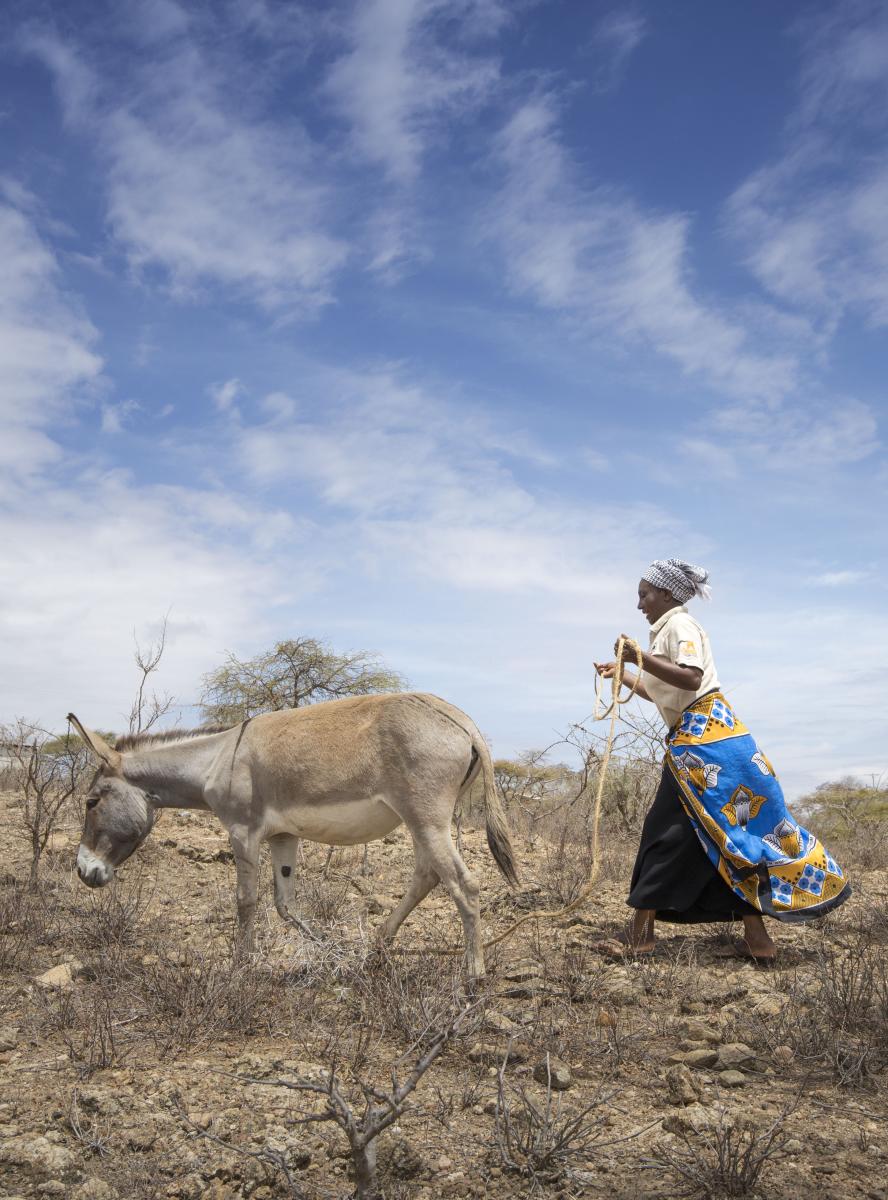
Support
€ 5,000The importance of horses, donkeys and mules for sustainable development
Developing countries are home to 96% of donkeys and 60% of horses globally. In rural and peri-urban areas, working animals - particularly equids - are a primary source of income and sustain the livelihood of large families. They are a vital component of rural development and a significant mode of transportation for pastoral communities.
Donkeys also lessen the burden for women, helping carry water and firewood (view 2 minute film). This is especially true in Maasai communities in Kenya, which are prone to drought.
The problem:
Despite the important role equids play in the socio-economic fabric of rural and peri-urban areas, in many parts of the world little value is attributed to their existence and they receive neither adequate protection nor resources from policy and decision makers. The welfare of donkeys is a major concern, especially given they are typically owned by resource-poor owners and are kept in challenging environmental conditions, such as mountainous, arid, or semi-arid regions, with little access to veterinary or healthcare services.
The solution:
Brooke knows that the wellbeing of people and equids is intrinsically linked, and our three strategic change goals reflect this:
1) We work within communities in a participatory capacity to help people better look after their equids through training and mentoring; access to alternative income generating activities; and the formation of self-help groups
2) We build the skills and capacity of local animal health service providers such as vets, paravets and farriers, ensuring they have access to essential veterinary medicines.
3) We work with governments to highlight the value of working equine animals and call for better laws and policies to protect them, as well as access to resources such as vaccination campaigns, improved infrastructure (i.e. shade shelters and water troughs) and inclusion in disaster preparedness planning
Animals are an integral part of every community, and when they are protected, people are too.